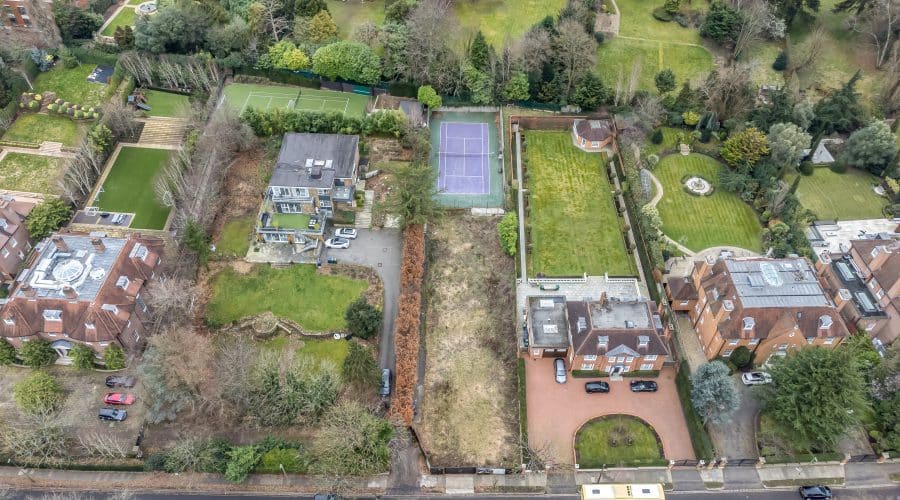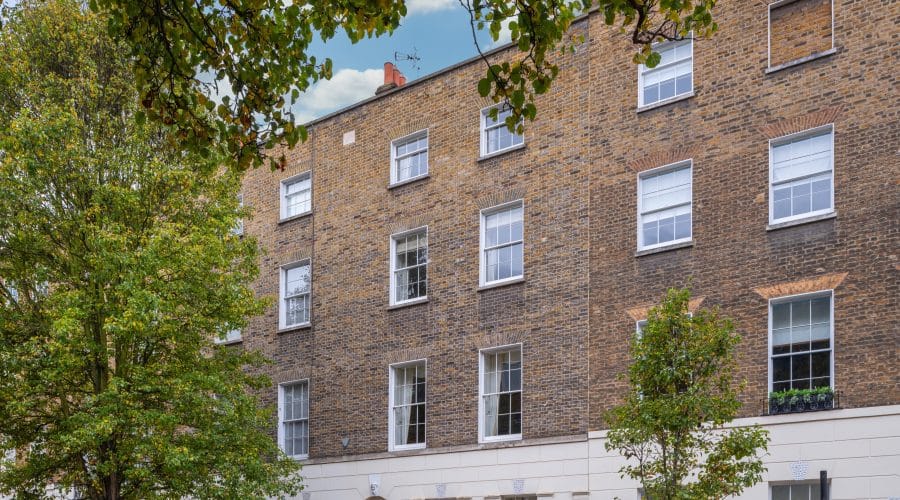Gazumping, open-house viewings, buying off-plan: one by one, the signs of a boom have returned. Now making its comeback is the sealed-bid auction. Bidders put their offer in an envelope, without knowing what the competition is, and hope that they can beat their rivals. Compared with conventional auctions, where everything is above board, the sealed-bid system thrives on secrecy. Nobody knows what anyone else is up to. People miscalculate and there is a lot of fingernail-biting.
In a rising market, with fierce competition for the best properties, sealed bids are a quick way to proceed and offer advantages for sellers and buyers. It is hardly surprising that an increasing number of properties, particularly in central London, are being sold using this method.
“Sealed bids are now more prevalent than at any time since the peak of the market in 2007,” says Caspar Harvard-Walls of London buying agency Black Brick. “Some agents use the tactic of pricing a property at a low level to attract competitive buyers. It can often work well for vendors. But the disadvantage is that if the buyer feels they have overpaid there is a greater likelihood of the sale falling through later.”
In a sealed-bid auction, the vendor will usually set a guide price for the property and written offers will be invited by a specific date. On the appointed day, the envelopes are opened and, according to critics of the system, here is where things can get confusing.
A common misconception is that if a vendor accepts an offer it guarantees that the sale will go through. Not so. The buyer might get cold feet. Or the vendor m ay suddenly decide to accept a different offer. Only with the signing of contracts, as with any other property transaction, is the deal set in stone.
Contrary to what you might expect, the vendor is under no obligation to accept the highest bid. He or she may go for a lower one that carries greater credibility or that comes from a cash buyer.
London PR consultant Joanna Lennon recently found herself the executor of her late sister’s will. She wanted to sell the property, in Balham, London, and went to sealed tender when it became clear that there was plenty of interest.
“Some of the offers were £40,000 over the guide price and accompanied by letters that were so barmy the authors had to be bonkers. So, we didn’t go for the highest bid, but for the most proceedable. The man had simply written a factual letter, giving his solicitor’s details and those of his mortgage offer.”
Properties can sell for more than the guide price.
“We had a property in Pont Street, south west London, on the market for £1.25 million. It went to sealed bids and fetched £1.375 million,” says James Bailey of Henry & James.
At Heathgate agents in Hampstead, around 40 per cent of sales are now conducted by this method. This is a consequence of the London property market, says Ed Mead of Douglas Gordon: “Agents are used to conducting negotiations with two prospective buyers. But when they have to deal with five or six, it is sensible to invite bids.”
And where London leads, the rest of the country follows. Lindsay Cuthill of Savills invited sealed offers for a property in Oxfordshire and achieved 15 per cent above the guide price.
Not everyone is a fan of the process. “It can add a lot of stress to buying ,” says Jo Eccles of Sourcing Property. “The losing parties often regret not offering more, or question whether the bidding was handled correctly, while the winning parties are left wondering whether they have overpaid.”
In a seller’s market, where the best properties are now attracting swarms of potential buyers, sealed tender looks set to remain .
It may be a stressful process to have to undergo, but you can work it to your advantage whether buying or selling.
Buying or selling a house through sealed bids?
If you are selling…
• Only invite sealed bids if you are confident of attracting several buyers.
• Don’t set a ridiculously high or low guide price, buyers will suspect that you are playing games. A sensible price will maximise interest in the property.
• Stipulate the documentation that needs to accompany written offers. For instance, how buyers will fund the purchase.
• Don’t just accept the highest offer, assess whether the bidder is credible and will proceed with the sale.
If you are buying…
• Consider using a specialised buying agent.
• Offer what you are prepared to pay. Don’t take a chance with a very low bid, but equally, don’t tender over the odds just to make sure of winning.
• Include information about how you will finance the purchase.
• Instruct a solicitor before putting in a sealed bid to avoid coming across as a time waster. Explain to him that you may need to move fast to secure a deal.
• Have a survey done in advance as vendors like offers that are not “subject to survey”.
• Put your offer in, and check that it has been received, just before the deadline, not weeks in advance.
• Avoid submitting a round sum figure to reduce the likelihood of a dead-heat with a rival.














